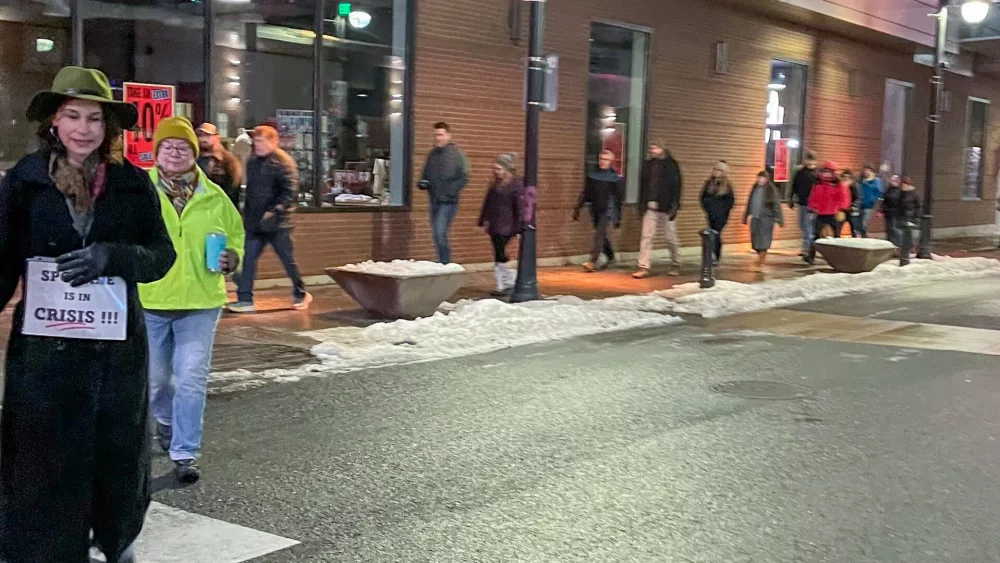(The Center Square) – The Washington State Legislature has passed a bill that amends how public libraries can be dissolved in response to a small southwest Washington community that voted to dissolve its rural library district.
Sponsored by Senate State Government & Elections Chair Sam Hunt, D-Olympia, Senate Bill 5824 increases the signature threshold for petitions to dissolve libraries from 100 taxpayers to 25% of eligible voters in the district, as well as for voters outside of cities and towns. All qualified voters in the districts would also be allowed to vote on whether to dissolve the library district.
However, the version passed by the House on Wednesday tacked on several additional provisions, including one that bars any local government, including a library district itself, from dissolving a library district within their jurisdictions.
The bill was prompted by efforts of a group in Columbia County to dissolve a rural library district due to how it made available what they considered to be sexually charged books and other materials being marketed to children. It only took 100 signatures to get the dissolution vote on the ballot, but only rural residents in the district were allowed to vote, while those who lived in the city Dayton, where the library is physically located in, were not allowed to vote.
Speaking in favor of the bill on the House floor, Rep. Julia Reed, D-Seattle, said public libraries held a “unique and critical role in our society.”
Among the Republicans to vote in favor of the bill was Rep. Sam Low, R-Stevens Pass, who called public libraries the “lifeblood of our communities. I would be sad that in my city only one third of the people got to vote in closing the library.”
However, Rep. Greg Cheney, R-Battle Ground opposed the amendment to strip local governments of the power to dissolve public libraries, arguing that in many cases they rely on municipal funding.
“The concern is what if one of those libraries becomes underfunded?” he asked. “Can they can be dissolved? It doesn’t give any flexibility.”
He added that “city councils are very accountable to the voters. This amendment artificially restricts those independent libraries already here.”
Opposed to the bill overall was Rep. Jim Walsh, R-Aberdeen.
“This is a solution looking for a problem,” he said. “What happened in Dayton was not a failure of the system there, it was a success of the system there. The people of that area made a decision about a library. The initiative process at whatever level is an essential leveling of the playing field in our public orbs.”
He added, “Libraries are an important part of our civil society but their role is also changing. If an area decides that if a library as configured is no longer serving the interest of the people of that community, it is rational that they would use the existing levels of government to change the structure of the library. This bill is well intended, but it aims the wrong direction.”





